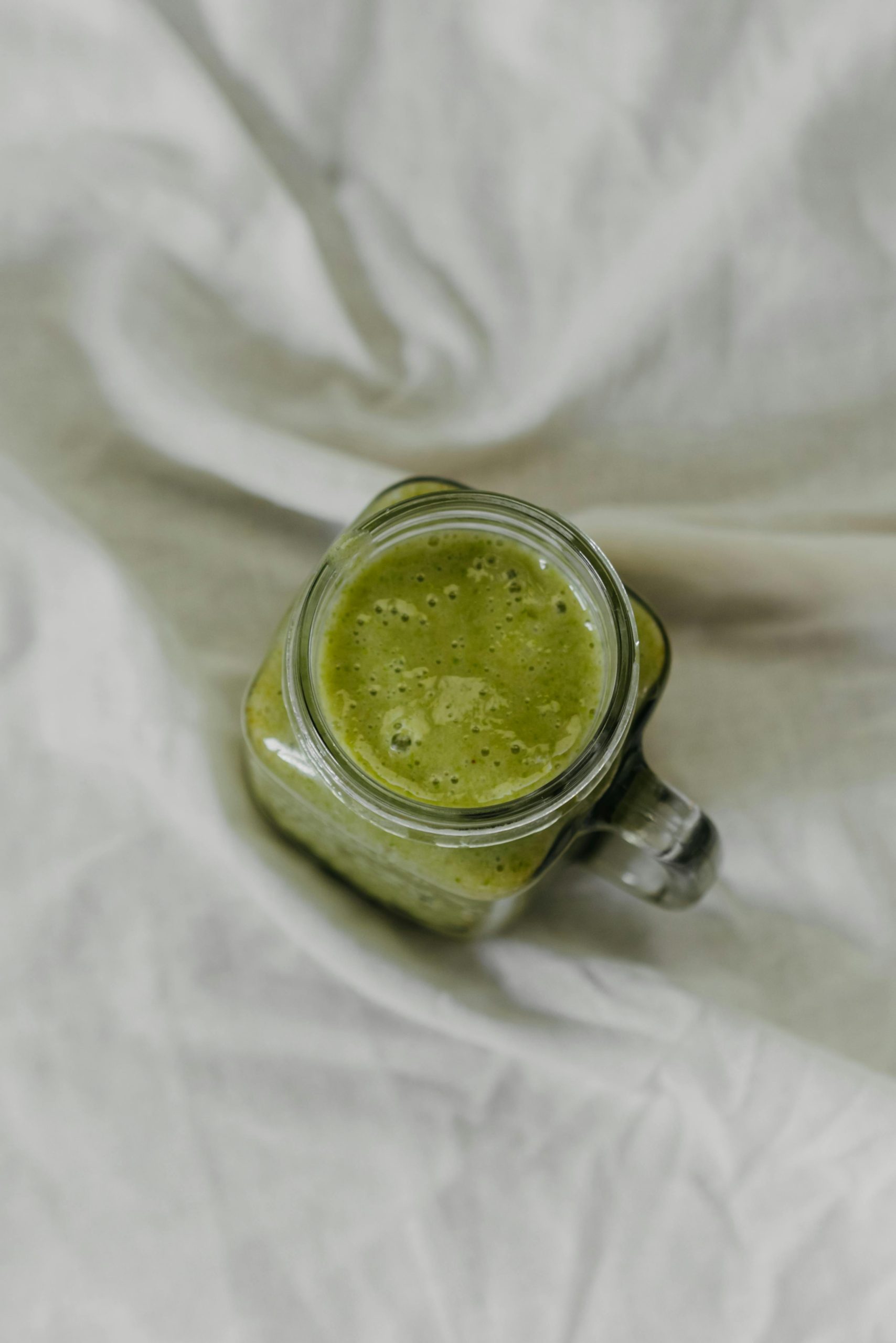Chronic inflammation is a silent contributor to many health issues, including heart disease, diabetes, and arthritis. While medications can help, your diet plays a crucial role in managing inflammation naturally. Incorporating anti-inflammatory foods into your daily meals can boost your immune system, improve digestion, and enhance overall well-being. Here are the top 10 anti-inflammatory foods you should eat regularly for better health.
1. Fatty Fish: A Rich Source of Omega-3s
Fatty fish like salmon, mackerel, sardines, and anchovies are packed with omega-3 fatty acids, particularly EPA and DHA. These healthy fats are known to reduce inflammation by lowering the production of inflammatory molecules like cytokines and eicosanoids.
Why You Should Eat It Daily
- Supports heart health by reducing triglycerides and blood pressure.
- Improves brain function and may lower the risk of neurodegenerative diseases.
- Eases joint pain in conditions like rheumatoid arthritis.
Aim for at least two servings of fatty fish per week to reap the benefits. If you’re not a fan of fish, consider omega-3 supplements like fish oil or algae oil.
2. Berries: Antioxidant Powerhouses
Berries—such as blueberries, strawberries, raspberries, and blackberries—are loaded with antioxidants, particularly anthocyanins, which combat oxidative stress and inflammation.
Health Benefits of Berries
- Boosts immunity by neutralizing free radicals.
- Supports gut health due to their high fiber content.
- May reduce the risk of chronic diseases, including cancer and heart disease.
Add a handful of berries to your morning smoothie, yogurt, or oatmeal for a delicious and nutritious anti-inflammatory boost.
3. Leafy Greens: Nutrient-Dense Inflammation Fighters
Dark leafy greens like spinach, kale, Swiss chard, and collard greens are rich in vitamins, minerals, and antioxidants that help reduce inflammation.
Key Nutrients in Leafy Greens
- Vitamin K: Helps regulate inflammatory responses.
- Magnesium: A mineral that reduces inflammation markers like CRP.
- Folate: Supports cellular repair and reduces oxidative stress.
Incorporate leafy greens into salads, soups, or sautéed dishes for a daily dose of anti-inflammatory goodness.
4. Turmeric: The Golden Spice
Turmeric contains curcumin, a potent anti-inflammatory compound that rivals some pharmaceutical drugs in effectiveness—without the side effects.
How to Maximize Turmeric’s Benefits
- Pair with black pepper: Piperine in black pepper enhances curcumin absorption.
- Use in cooking: Add turmeric to curries, soups, or golden milk.
- Consider supplements: High-quality curcumin supplements can provide concentrated benefits.
Regular consumption of turmeric can help alleviate joint pain, improve digestion, and support liver health.
5. Nuts and Seeds: Healthy Fats and Fiber
Almonds, walnuts, chia seeds, and flaxseeds are excellent sources of healthy fats, fiber, and antioxidants that combat inflammation.
Top Choices for Anti-Inflammatory Benefits
- Walnuts: High in ALA, a plant-based omega-3 fatty acid.
- Chia seeds: Packed with fiber and omega-3s for gut and heart health.
- Flaxseeds: Rich in lignans, which have antioxidant properties.
Snack on a handful of nuts or sprinkle seeds over salads and smoothies for an easy anti-inflammatory addition to your diet.
Conclusion
Incorporating these top 10 anti-inflammatory foods into your daily diet can significantly reduce chronic inflammation and promote long-term health. From fatty fish and berries to leafy greens and turmeric, each of these foods offers unique benefits that work synergistically to support your body. Start small by adding one or two of these foods to your meals each day, and gradually build a habit of eating for better health. Your body will thank you!


